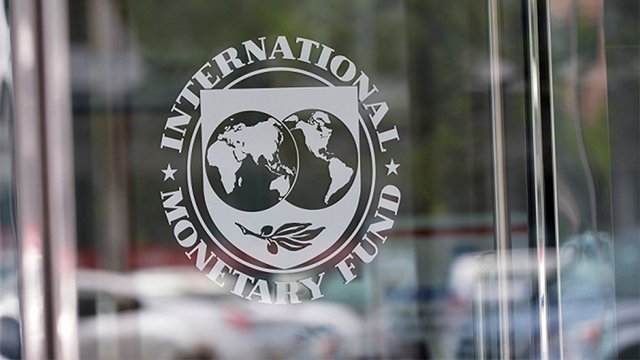IMF experts doubt advisability of issuing GDP warrants in Ukraine

The practically absent ceiling of payments on GDP-linked warrants issued by Ukraine during the restructuring of external debt in 2015 could potentially lead to large fiscal costs, much exceeding the initial debt write-off, experts of the International Monetary Fund (IMF) say.
"The rate of return jumps to more than 13% under a 5% growth scenario, which would also involve substantial fiscal costs of more than 55 basis points of GDP per year," according to the survey "The Role of State-Contingent Debt Instruments in Sovereign Debt Restructurings," published by the fund on November 19.
At the same time, according to the document, under the scenario of economic growth at 4%, internal rate of return to investors (IRR) will be relatively modest - about 3% of their initial write-down.
The document notes that a variety of SCDI (state-contingent debt instruments), which first appeared in the 1980s - VRI (value recovery instruments), which provides for payments only under positive scenarios, is used sporadically.
"More recently, upside GDP-linked warrants have been featured as part of the financial packages issued to creditors in four major debt restructuring cases: Argentina (2005 and 2010), Greece (2012), and Ukraine (2015). However, in 2020 two significant debt restructurings (Argentina and Ecuador) did not include VRIs," according to the document.
Among the features of VRI, the authors point out strong fluctuations in their prices depending on changing economic prospects, as well as low liquidity. In particular, in the case of Ukraine, its GDP-linked warrants began to be quoted from 49.6%, dropped to 28.69% and rose to 109.43%, and their average price was 57.1%.
"In all these cases, investors seemed to undervalue the future benefits of GLWs (GDP-linked warrants), as evidenced by the initial low market value of VRIs. To compensate for this, sovereigns may need to promise better terms, raising the probability of costly GLW payments. It therefore remains unclear to what extent the VRIs succeeded in bringing in more investors to close the debt restructuring while at the same time leading to fair risk sharing ex post," the report says.










